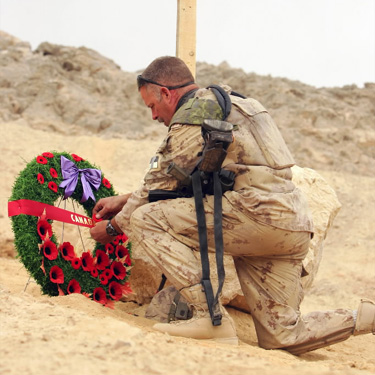
As we approach the centenary of the start of
the First World War, our government has finally announced that some
form of commemoration will take place. This is stark contrast to our
former allies, and even some of our former enemies, whose plans have
been in place for years.
And what form will this “commemoration”
take place. Will it be like the 50th Anniversary of the
end of the Second World War, when the word “Celebration” was
banned, and all events had to be low key, no smiling allowed.
Sometimes I wonder how we got like this. It
certainly doesn’t seem to be the wish of those involved. Read the
words of a First World War solder, Charles Carrington,
complaining about how remembrance for him was a joyous thing, and how
he felt it had been hijacked.
“The first Armistice Day had been a
carnival; the second Armistice Day, after its solemn pause at the Two
Minutes' Silence which King George V was believed to have initiated,
was a day of festivity again. For some years I was one of a group of
friends who met, every Armistice Day, at the Cafe Royal for no end of
a party, until we began to find ourselves out of key with the new
age.
Imperceptibly, the Feast-Day became a
Fast-Day and one could hardly go brawling on the Sabbath. The
do-gooders captured the Armistice, and the British Legion seemed to
make its principal outing a day of mourning. To march to the Cenotaph
was too much like attending one's own funeral, and I know many old
soldiers who found it increasingly discomforting, year by year. We
preferred our reunions in private with no pacifist propaganda.”
Strong words, but typical of the soldiers of
the day. If you asked them, they would not recognise the war depicted
by poets and artists, they did not see themselves as the lost
generation. They were extremely proud to have served, and taken part
in the greatest series of victories in the history of the British
Army, which were achieved between August - November 1918.
No comments:
Post a Comment